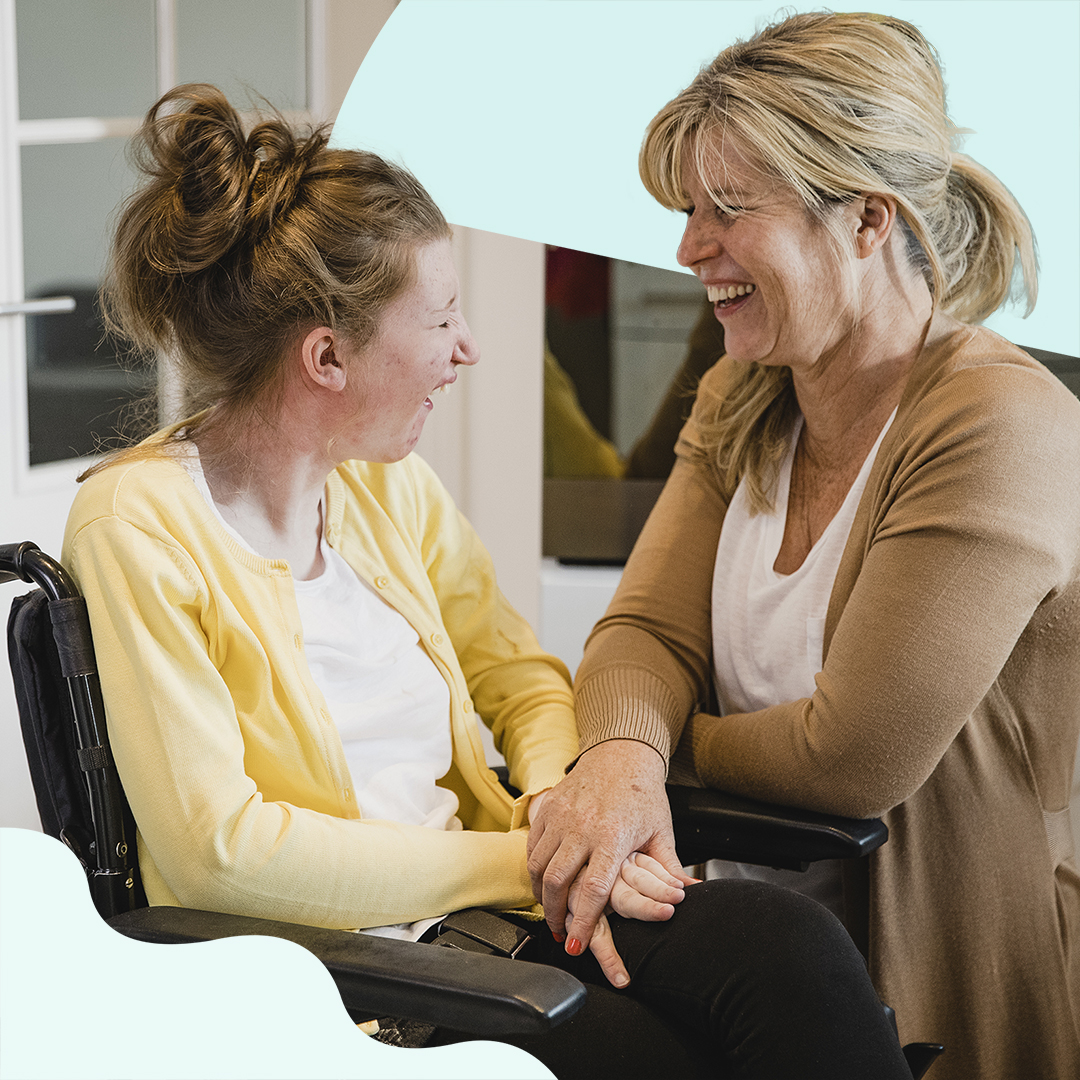The final report of the Royal Commission into Violence, Abuse, Neglect and Exploitation of People with Disability was published in December 2023 after four years of inquiry into evidence of systemic abuse and neglect across a broad range of settings. It was found that harm and exclusion was rife within and outside the National Disability Insurance Scheme (NDIS) and outlined 222 recommendations for safer, fairer and more sustainable care of those living with a disability. Moreover, it outlined the need for change across all settings as well as the importance of removing systemic barriers that prevent autonomy, choice and control.
The reinstatement of these basic human rights and freedoms was one of the core principles behind the establishment of the Government’s Commonwealth Disability Royal Commission Taskforce (Taskforce) and subsequent National Disability Insurance Scheme (NDIS) Review. The report made 26 recommendations with 139 actions to change the system that supports those with a disability. Released on 7th December 2023, this report put participants back at the centre of the NDIS. There were four parts to the reform including the need for 1) a unified system of support; 2) markets and support systems that empower people with disability; 3) stewardship of a unified ecosystem; and 4) a five year transition to improve the lives of those with a disability both within and outside of the NDIS.
On the 27th March 2024, the Minister for the NDIS, Bill Shorten, announced the tabling of the National Disability Insurance Scheme Amendment (Getting the NDIS Back on Track No. 1) Bill to confirm the longevity of the scheme; bolster the powers of the NDIS Quality and Safeguards Commission to protect participants from illegal and unethical conduct; and to ensure the funding was adequately allocated to participants who most needed it.
Next steps for NDIS
Whilst the industry agrees that significant reform is needed, the Government understands the anxiety that comes with change. Previous attempts at reform, like the introduction of Independent Assessments in 2021, caused distress due to the fact they weren’t developed with input from the disability community and lacked transparency. The Government’s new approach to the participant pathway is different from Independent Assessments as it involves consultation with people with disabilities and experts to ensure fairness and trustworthiness in budget allocation.
By collaborating closely with Disability Representative Organisations throughout this process, the Government now seeks to implement a new approach to the participant’s pathway that is fundamentally different to Independent Assessments. This will include access to Navigators and Skilled Assessors; flexible budget allocation that may involve other State financial support; and support data being collected through the electronic payment system.
Whilst these reforms are rolling out over a five year transition period, there is action that can be taken now for Care Providers to be prepared for the change. Ensuring all participant records are accurately maintained in a management system is essential.
Improving compliance and record keeping
CareLineLive, a leading provider of innovative home care management software solutions, is strategically aligned with, and leverages, the recommendations outlined by the NDIS Review. With a commitment to enhancing the efficiency, transparency, and quality of care services, CareLineLive aims to empower service providers and participants alike through its cutting-edge cloud-based technology.
The NDIS recommendations serve as a guiding framework for improving the delivery of disability services across Australia. By adhering to these guidelines, CareLineLive endeavours to revolutionise the home care management landscape, ensuring that individuals with disabilities receive the support they need while maximising their independence and quality of life.
Key features of CareLineLive’s software aligning with NDIS recommendations include:
- Person-Centred Planning: CareLineLive’s software facilitates personalised care plans tailored to the unique needs and preferences of each participant, in line with the NDIS focus on individualised support.
- Choice and Control: through intuitive interfaces and interactive tools, our platform empowers participants to make informed decisions about their care, in accordance with the NDIS principle of choice and control.
- Quality and Safety: CareLineLive prioritises the safety and well-being of participants by streamlining compliance processes, monitoring service delivery, and facilitating real-time communication between participants, providers, and support workers.
- Outcome Measurement: our software enables providers to track and measure outcomes, ensuring that services are achieving the desired results for participants and aligning with the NDIS emphasis on measurable goals and outcomes.
Interoperability
CareLineLive’s software seamlessly integrates with existing systems and platforms, promoting interoperability and data sharing across the disability support ecosystem as recommended by the NDIS.
By leveraging these NDIS recommendations, CareLineLive aims to drive positive outcomes for participants, improve operational efficiency for service providers, and contribute to the ongoing evolution of the disability support sector. As the NDIS continues to shape the future of disability services in Australia, CareLineLive remains committed to being at the forefront of innovation, delivering technology solutions that make a meaningful difference in the lives of individuals with disabilities and their families.
For more information about CareLineLive and its home care management software solutions, check out the features as detailed on our website or contact Australian Regional Manager, Elena Neale at en@carelinelive.com.au for further information.
CareLineLive is dedicated to supporting the NDIS vision of an inclusive and accessible society, and looks forward to partnering with service providers and participants to create positive change in the disability support sector.



